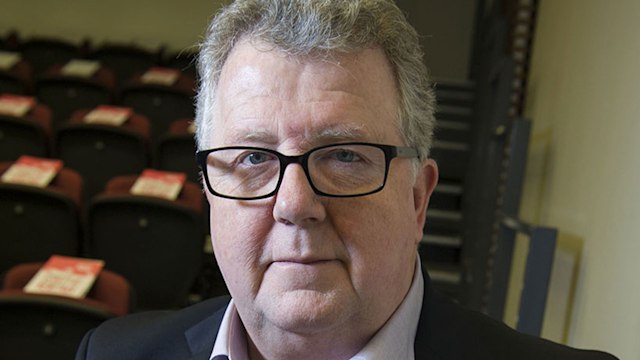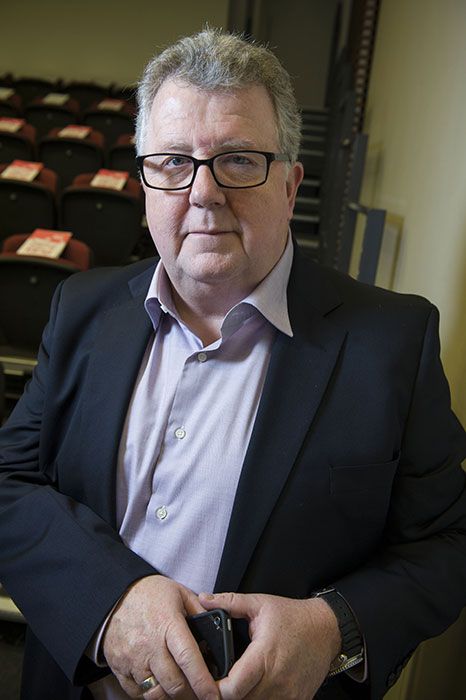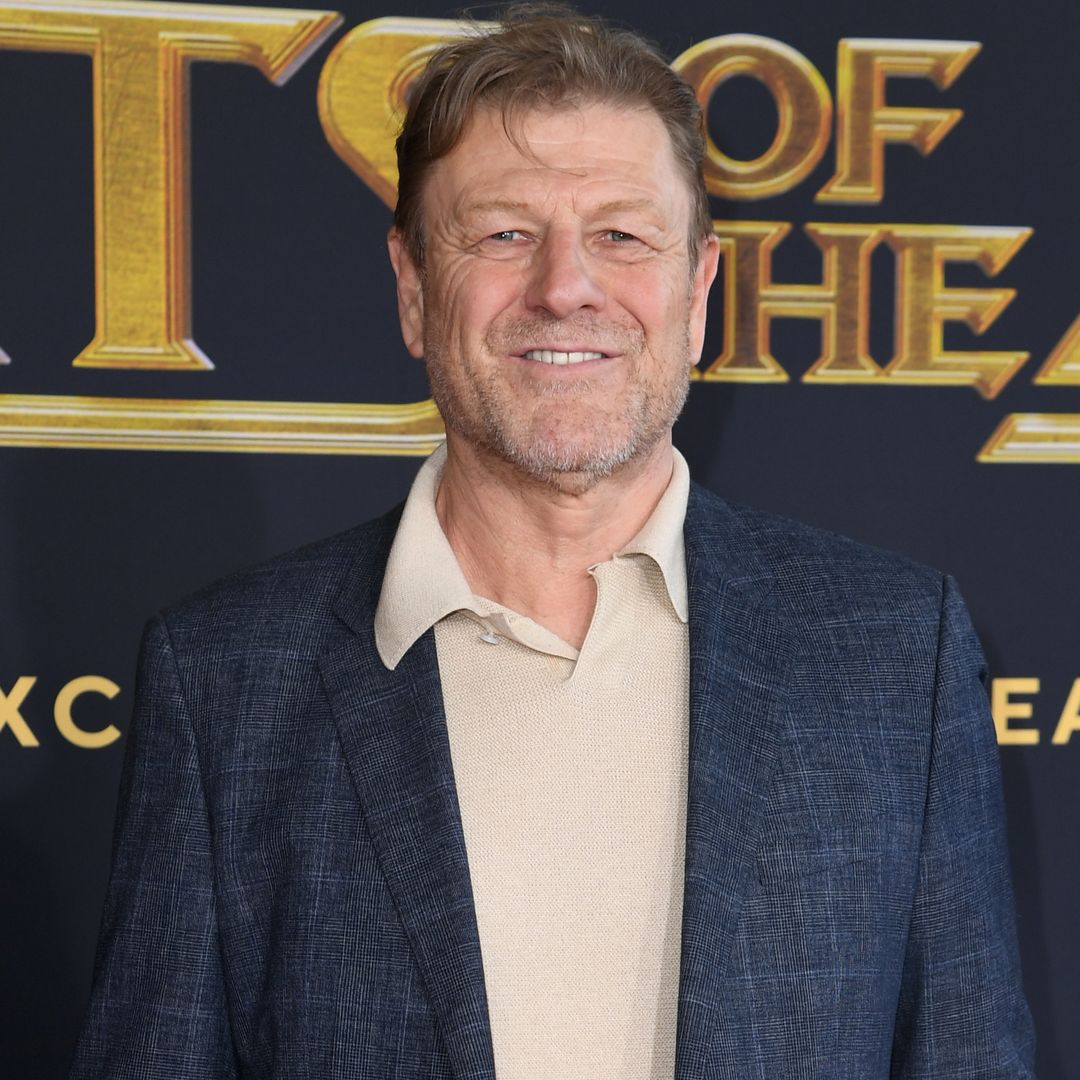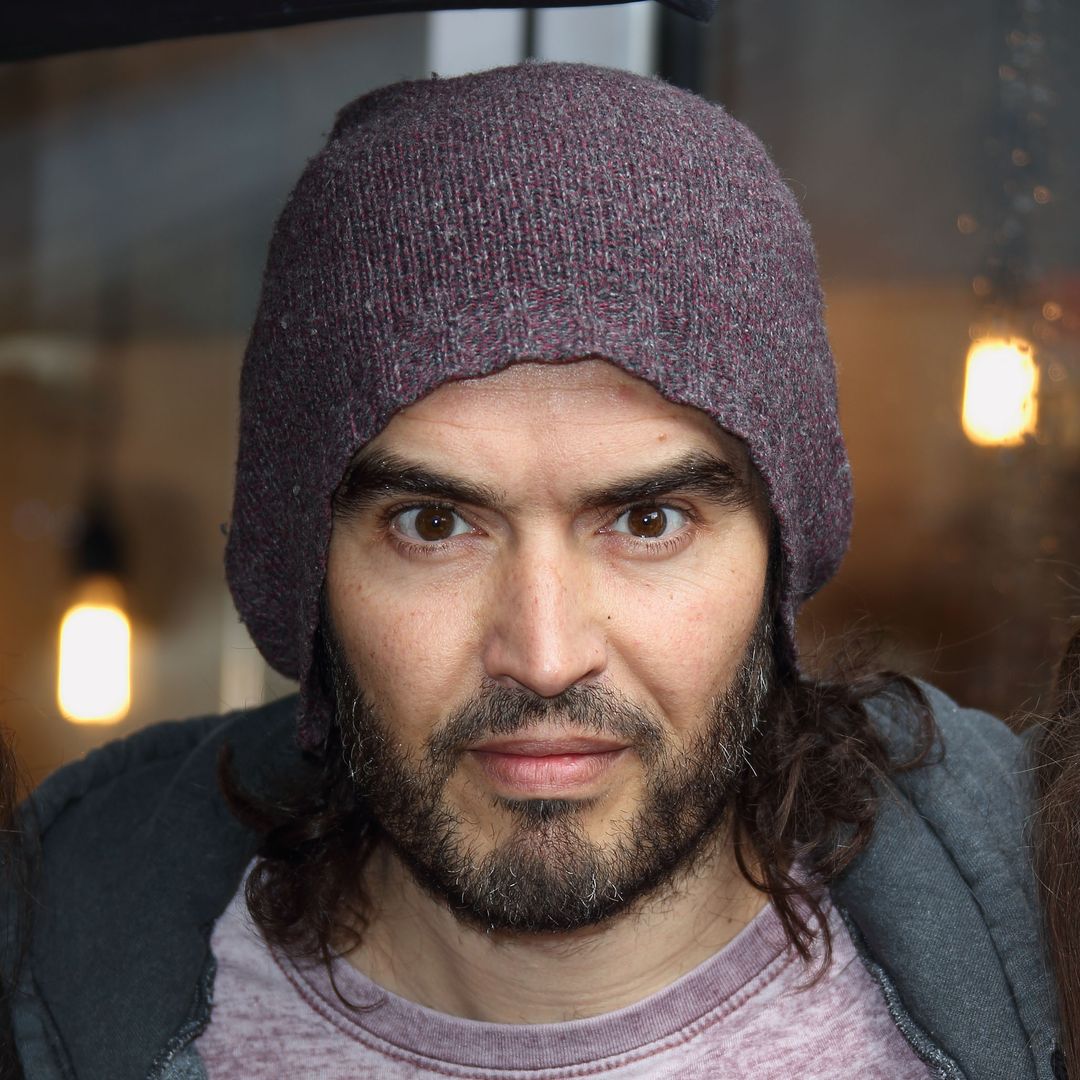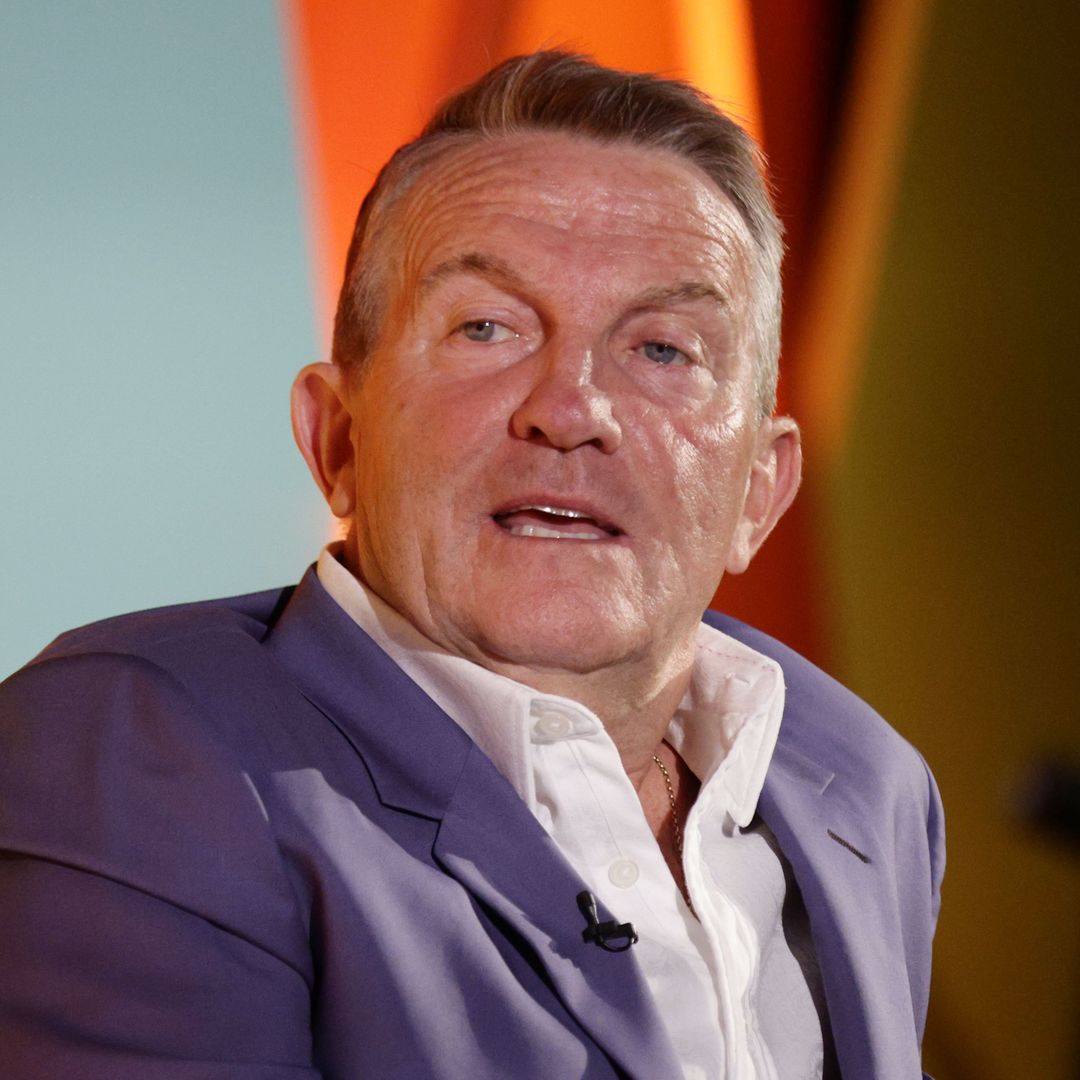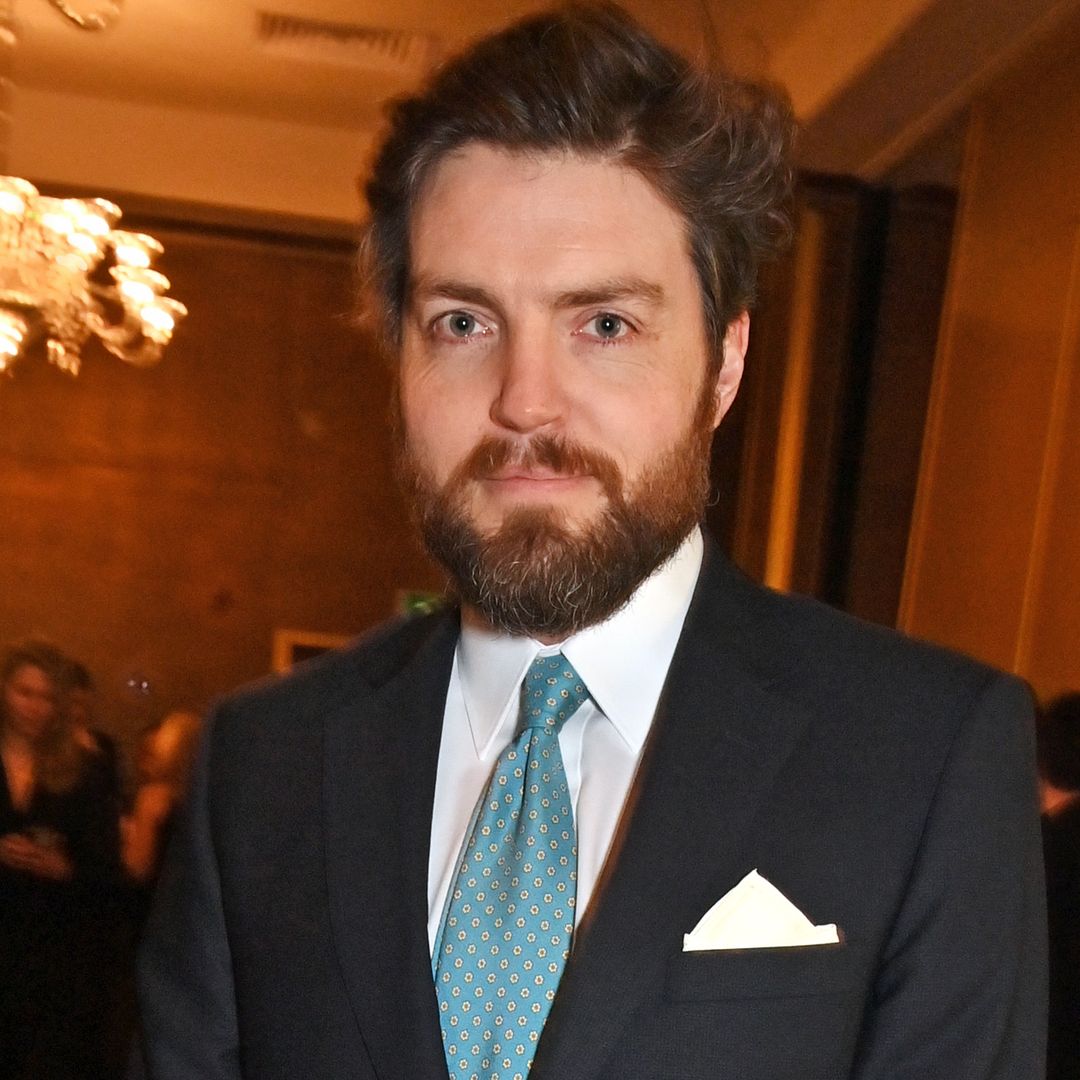Steve Hewlett, the BBC Radio 4 presenter who openly spoke about his battle with cancer, has died at the age of 58. The broadcasting corporation announced the sad news, revealing that Steve spent his last hours listening to Bob Dylan with his family at the Royal Marsden Hospital in west London. He passed away on Monday morning. The family released a statement, saying: "Over the last year, we have been overwhelmed by the support of friends, colleagues and Radio 4 listeners. The messages helped Steve enormously, especially over the last few months." They also thanked staff at the hospital, as well as "all the PM listeners".
Steve was diagnosed with cancer of the oesophagus last March. He shared his cancer journey with listeners on Radio 4 in interviews with Eddie Mair, examining issues such as drug trials and reaction to treatment. Earlier this month, Steve revealed that he had married his partner Rachel, just one hour after doctors told him his cancer treatment would stop and that he may have only weeks to live. The broadcaster was told that he had "weeks, possibly months" to live because his liver would not be able to handle any more medical treatment. Steve, who has presented his radio show since 2008, had been receiving chemotherapy and radiotherapy.
Steve Hewlett passed away on Monday morning
Of his surprise wedding, the dad-of-three told Eddie Mair: "The whole thing was organised in an hour. They got a Chelsea registrar, they got a Chelsea vicar hauled out of a dinner she was in with somebody. The nurses managed to produce bunches of flowers, a wedding cake, a couple bottles of Prosecco appeared from goodness knows where and then this ceremony begins."
BBC director general Tony Hall said: "Steve Hewlett was an exceptional journalist. His analysis of the media industry was always essential listening. Steve was a trusted voice that embodied everything positive in public service journalism. He was hugely popular not just with viewers and listeners, but with BBC staff. When I saw him last week, I told him how much I have admired his brave interviews with Eddie Mair about his treatment which he did with a candour and sense of inquiry that was typically Steve."
